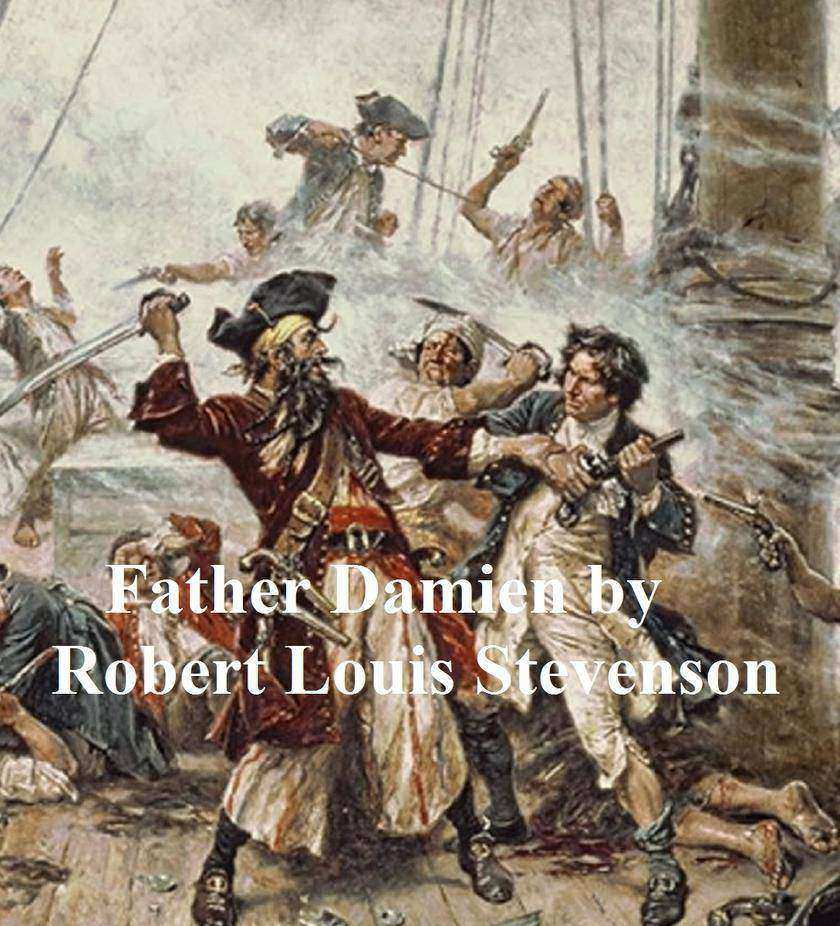
Father Damien
¥8.09
Short essay. According to Wikipedia: "Robert Louis (Balfour) Stevenson ( 1850 - 1894), was a Scottish novelist, poet, and travel writer, and a leading representative of Neo-romanticism in English literature. He was the man who "seemed to pick the right word up on the point of his pen, like a man playing spillikins", as G. K. Chesterton put it. He was also greatly admired by many authors, including Jorge Luis Borges, Ernest Hemingway, Rudyard Kipling, Vladimir Nabokov, and J. M. Barrie. Most modernist writers dismissed him, however, because he was popular and did not write within their definition of modernism. It is only recently that critics have begun to look beyond Stevenson's popularity and allow him a place in the canon."
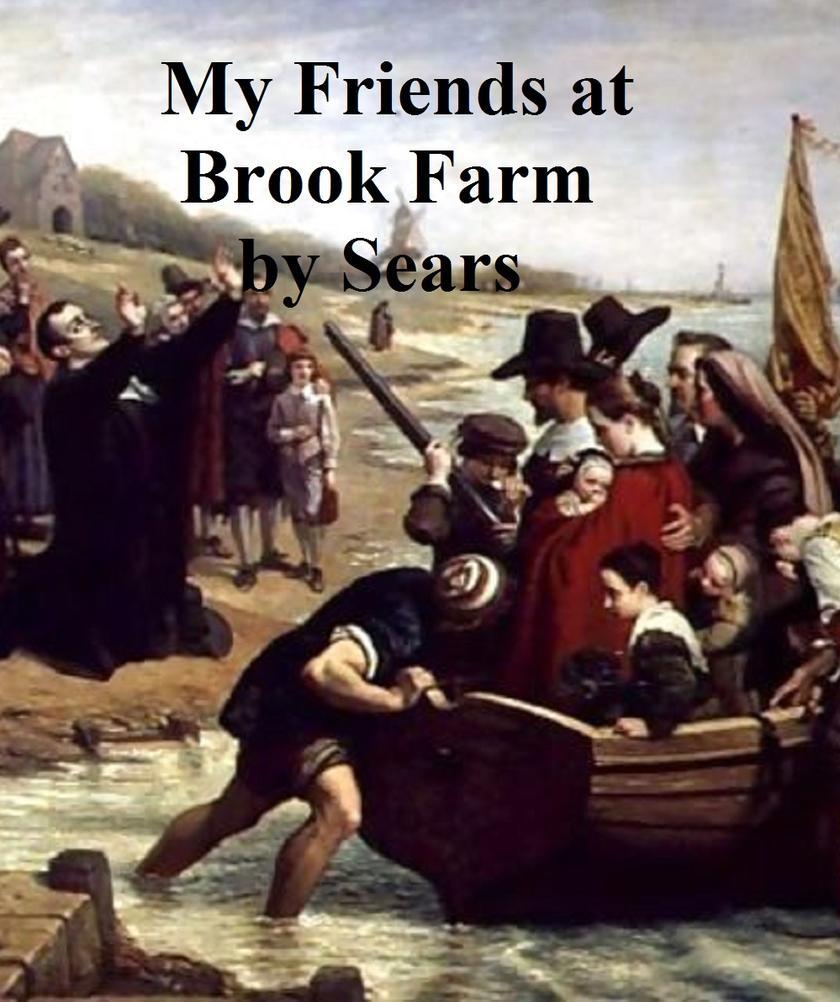
My Friends at Brook Farm
¥8.09
According to Wikipedia: "Brook Farm, also called the Brook Farm Institute of Agriculture and Education or the Brook Farm Association for Industry and Education, was a utopian experiment in communal living in the United States in the 1840s. It was founded by former Unitarian minister George Ripley and his wife Sophia Ripley at the Ellis Farm in West Roxbury, Massachusetts (9 miles outside of downtown Boston) in 1841 and was inspired in part by the ideals of Transcendentalism, a religious and cultural philosophy based in New England. Founded as a joint stock company, it promised its participants a portion of the profits from the farm in exchange for performing an equal share of the work. Brook Farmers believed that by sharing the workload, ample time would be available for leisure activities and intellectual pursuits.

Walden
¥8.09
The classic essays. According to Wikipedia: "Henry David Thoreau (1817 – 1862) was an American author, naturalist, transcendentalist, tax resister, development critic, surveyor, stage writer and philosopher. He is best known for his book Walden, a reflection upon simple living in natural surroundings, and his essay, Civil Disobedience, an argument for individual resistance to civil government in moral opposition to an unjust state. Thoreau's books, articles, essays, journals, and poetry total over 20 volumes. Among his lasting contributions were his writings on natural history and philosophy, where he anticipated the methods and findings of ecology and environmental history, two sources of modern day environmentalism...Thoreau is sometimes cited as an individualist anarchist as well as an inspiration to anarchists. Though Civil Disobedience calls for improving rather than abolishing government – "I ask for, not at once no government, but at once a better government" – the direction of this improvement aims at anarchism: “‘That government is best which governs not at all;’ and when men are prepared for it, that will be the kind of government which they will have.”
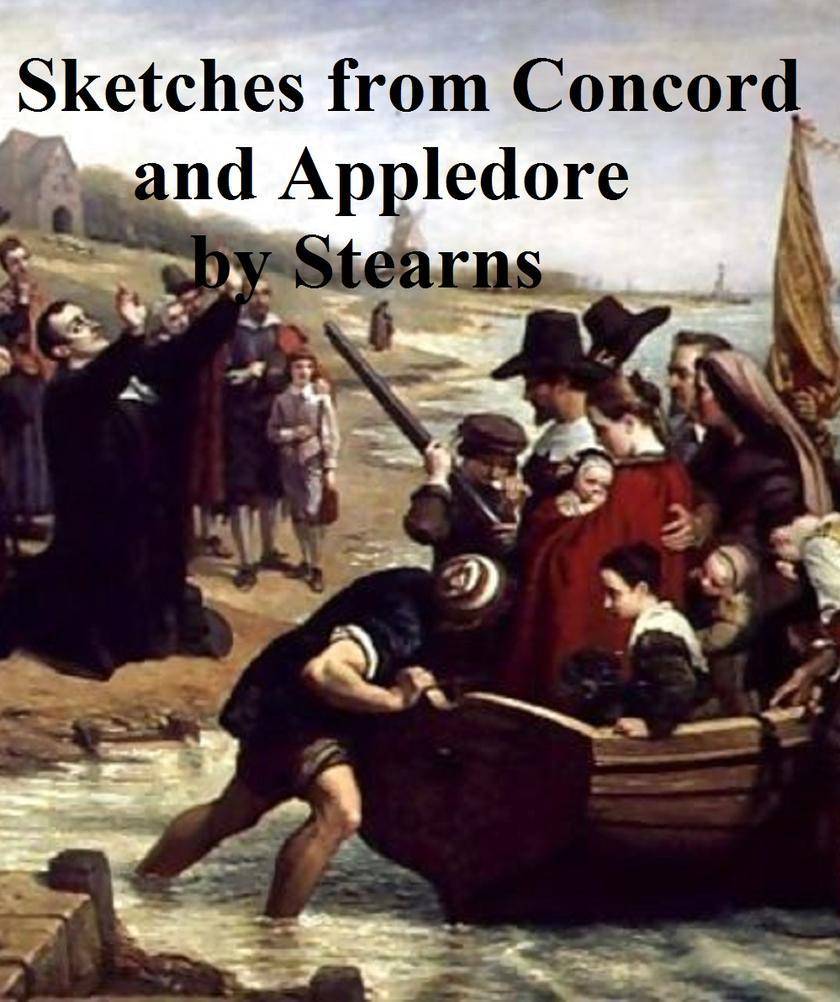
Sketches from Concord and Appledore
¥8.09
According to Wikipedia: "Frank Preston Stearns (1846-1917), the son of abolitionist George Luther Stearns, was a writer and abolitionist from Massachusetts during the 19th century. In addition to collaborating with Elizur Wright in ambitious abolitionist projects, such as the American Anti-Slavery Society, he is credited with several seminal works exploring the lives and careers of important American public figures and authors of note, including The Life and Genius of Nathaniel Hawthorne and The Life and Public Services of George Luther Stearns."
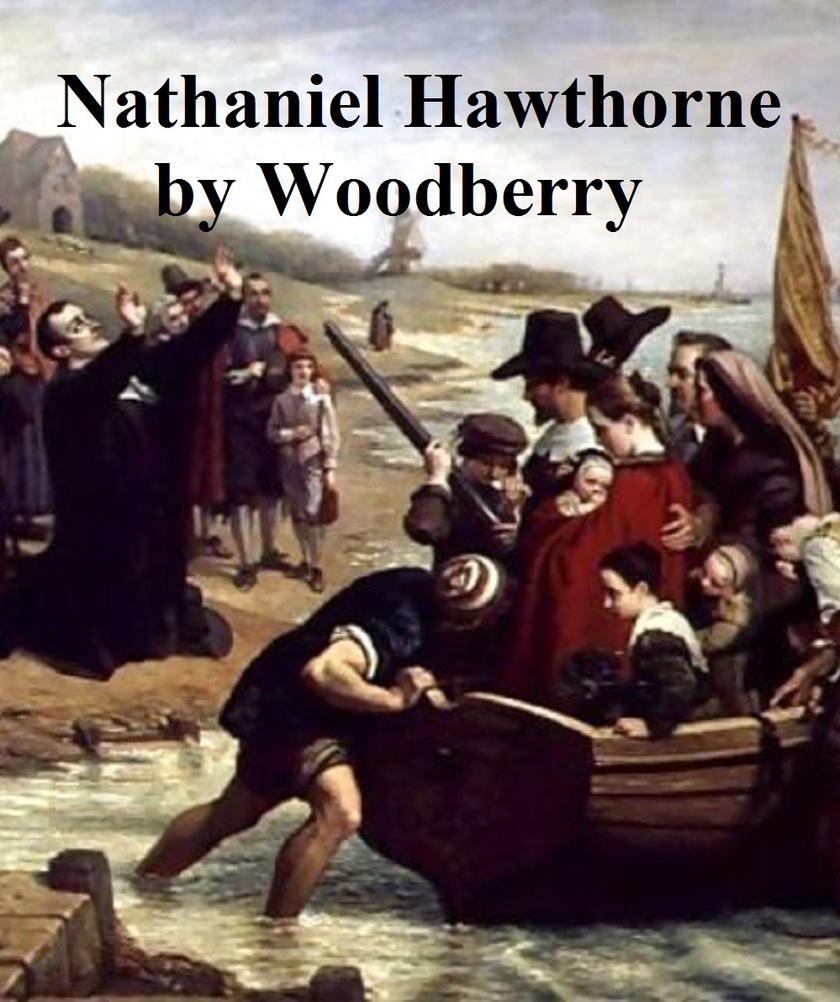
Nathaniel Hawthorne
¥8.09
According to Wikipedia: "George Edward Woodberry, Litt. D., LL. D. (May 12, 1855–January 2, 1930) was an American literary critic and poet… For twelve years, Woodberry was an almost constant writer to the literary portion of The Nation. He also, during Aldrich's editorship, was anonymously, and for this reason able, the more forcibly, to asser his critical strength in the Atlantic Monthly. He contributed one paper to the Fortnightly Review in 1882, and during 1888 wrote regularly, mostly upon literary topics, for the Boston Post. In 1891–1904 he was professor of comparative literature at Columbia University. He was elected to the American Academy of Arts and Letters. In 1930 he was posthumously awarded one of the first three Frost Medals for lifetime achievement in poetry by the Poetry Society of America. He wrote a number of books as well."
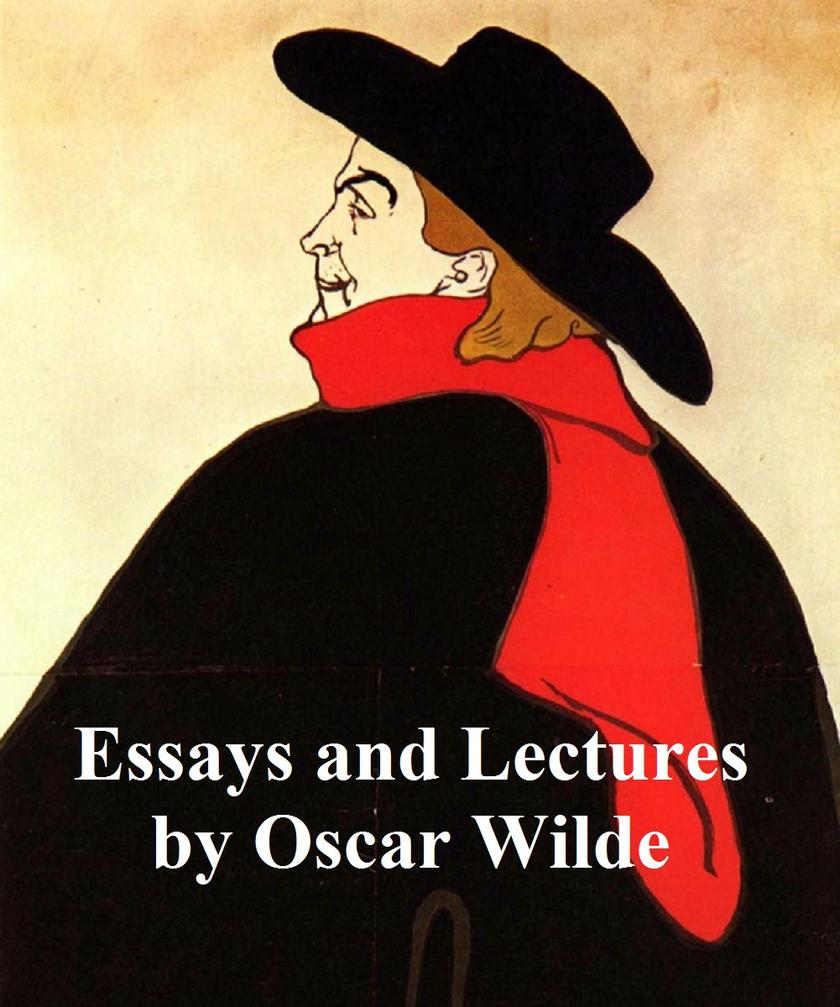
Lectures and Essays
¥8.09
This collection includes: The Rise of Historical Criticism, The English Renaissance of Art, House Decoration, Art and the Handicraftsman, Lecture to Art Students, London Models, and Poems in Prose. According to Wikipedia: "Oscar Fingal O'Flahertie Wills Wilde (1854 - 1900) was an Irish playwright, novelist, poet, and author of short stories. Known for his barbed wit, he was one of the most successful playwrights of late Victorian London, and one of the greatest celebrities of his day. As the result of a famous trial, he suffered a dramatic downfall and was imprisoned for two years of hard labour after being convicted of the offence of 'gross indecency.'"
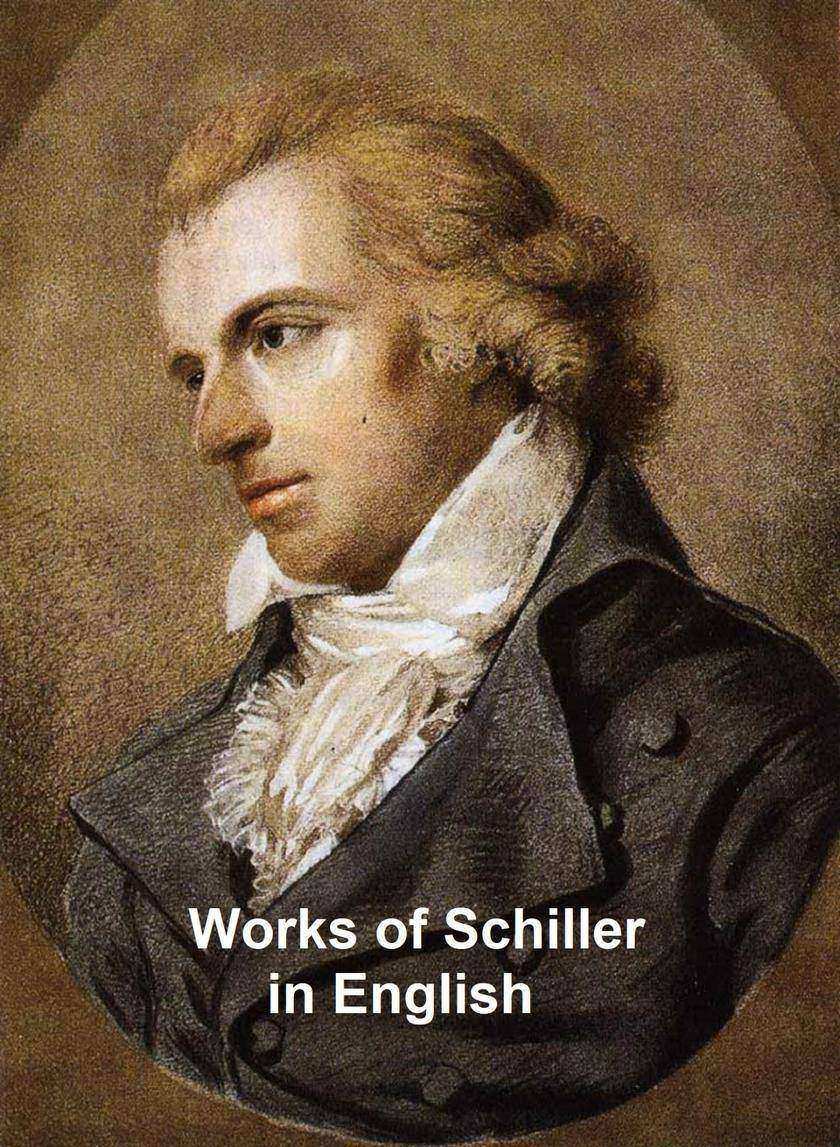
Works of Schiller in English
¥8.09
This collection includes: Life of Schiller by Calvin Thomas and such works by Schiller as Death of Wallenstein, William Tell, excerpts from The Thirty Years' War, poetry, and Correspondence with Goethe. The German Classics Of The Nineteenth And Twentieth Centuries, Volume 3, edited by Kuno Francke.
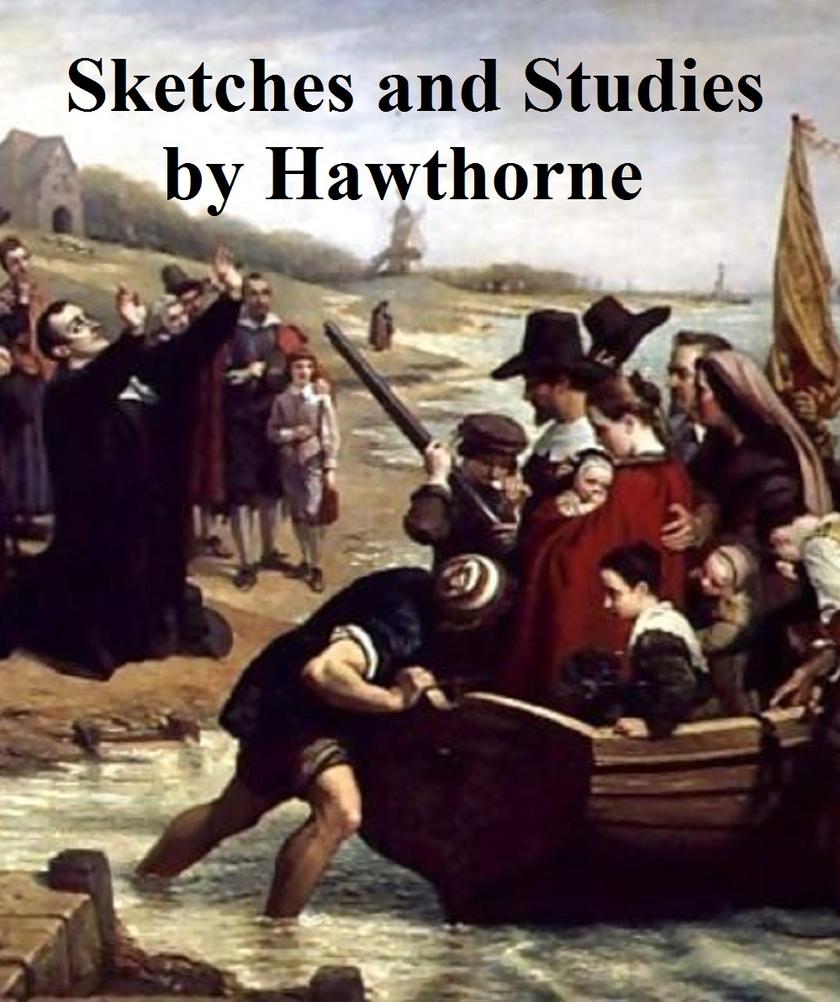
Sketches and Studies
¥8.09
This book includes: Life of Franklin Pierce, Chiefly about War Matters, Alice Doane's Appeal, and The Ancestral Footstep. According to Wikipedia: "Nathaniel Hawthorne (1804 –1864) was an American novelist and short story writer... Much of Hawthorne's writing centers around New England and many feature moral allegories with a Puritan inspiration. His fiction works are considered part of the Romantic movement and, more specifically, dark romanticism. His themes often center on the inherent evil and sin of humanity and his works often have moral messages and deep psychological complexity. His published works include novels, short stories, and a biography of his friend Franklin Pierce."
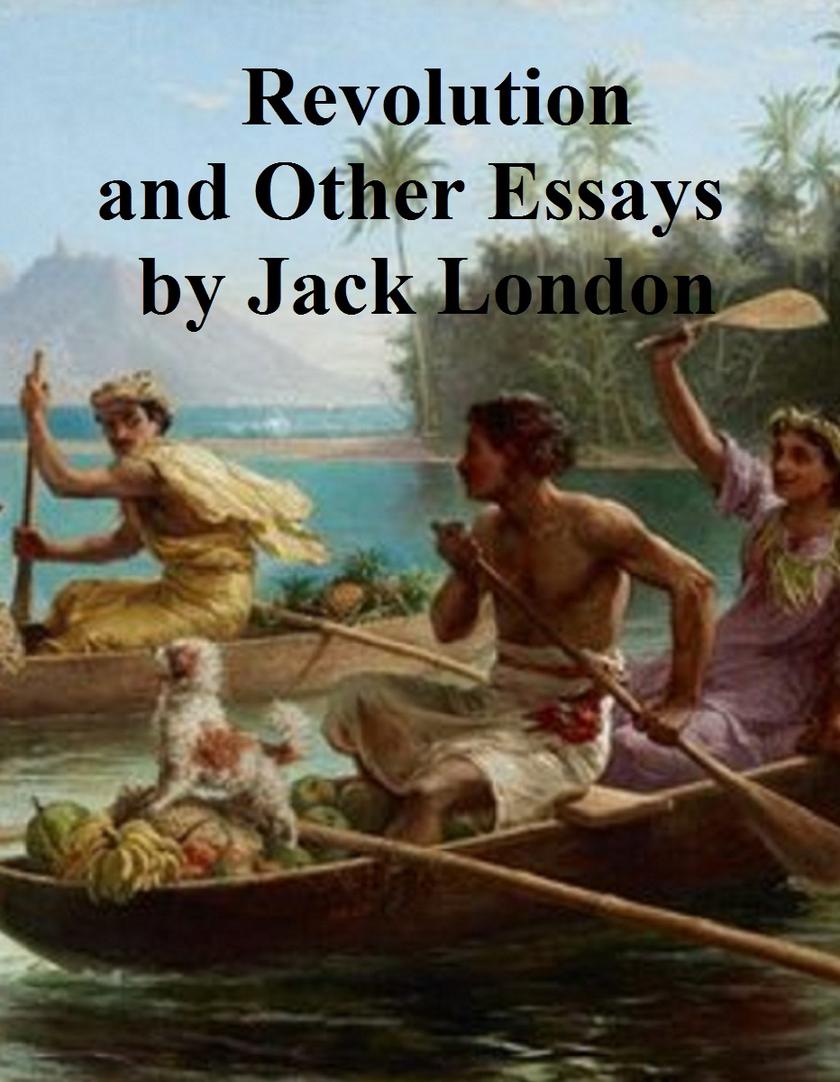
Revolution and Other Essays
¥8.09
This collection includes Revolution, The Somnambulists, The Dignity of Dollars, Goliah, The Golden Poppy, The Shrinkage of the Planet, The House Beautiful, The Gold Hunters of the North, Foma Gordyeeff, These Bones shall Rise Again, The Other Animals, The Yellow Peril, and What Life Means to Me. According to Wikipedia: "Jack London (1876 – 1916) was an American author who wrote The Call of the Wild, White Fang, and The Sea Wolf along with many other popular books. A pioneer in the then-burgeoning world of commercial magazine fiction, he was one of the first Americans to make a lucrative career exclusively from writing."

Romulus
¥8.09
According to Wikipedia: "Romulus and Remus are Rome's twin founders in its traditional foundation myth, although the former is sometimes said to be the sole founder. Their maternal grandfather is Numitor, rightful king of Alba Longa, a descendant of the Trojan prince, Aeneas and father to Rhea Silvia (also known as Ilia). Before their conception, Numitor's brother Amulius deposes his brother, kills his sons and forces Rhea to become a Vestal Virgin, intending to deprive Numitor of lawful heirs and thus secure his own position; but Rhea conceives Romulus and Remus by the god Mars or the demi-god Hercules. When the twins are born, Amulius has them exposed to die but they are saved by a series of miraculous interventions. A she-wolf finds them and suckles them. Then a shepherd and his wife foster them and raise them to manhood as shepherds. The twins prove to be natural leaders, and acquire many followers. When told their true identities, they kill Amulius, restore Numitor to the throne of Alba Longa and decide to found a new city for themselves."

Washington and His Comrades in Arms, A Chronicle of the War of Independence
¥8.09
Volume 12 of the Chronicles of America Series. According to Wikipedia: "Washington is seen as a symbol of the United States and republicanism in practice. His devotion to civic virtue made him an exemplary figure among early American politicians. Washington died in 1799, and in his funeral oration, Henry Lee said that of all Americans, he was "first in war, first in peace, and first in the hearts of his countrymen." Washington has been consistently ranked by scholars as one of the greatest U.S. Presidents."
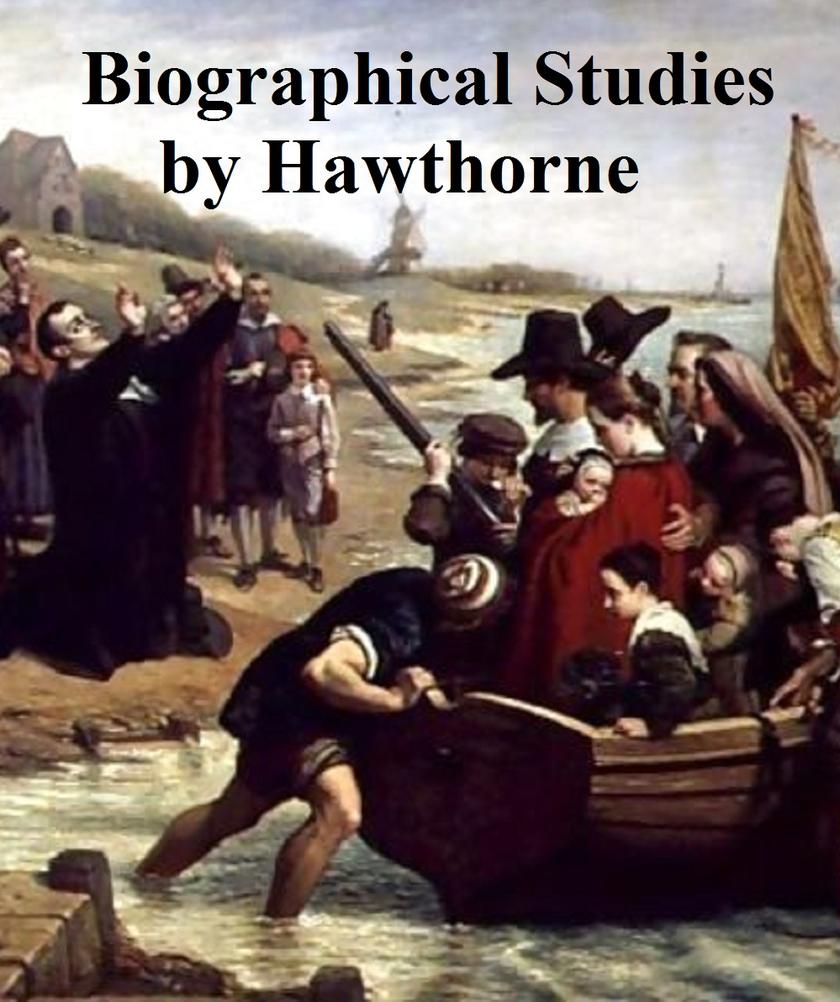
Biographical Studies
¥8.09
The biographies (from the collection "Fanshawe and Other Pieces") are: Mrs. Hutchinson, Sir William Phips, Sir William Pepperell, Thomas Green Fessenden, and Jonathan Cilley. According to Wikipedia: ""Nathaniel Hawthorne (born Nathaniel Hathorne; July 4, 1804 – May 19, 1864) was an American novelist and short story writer."
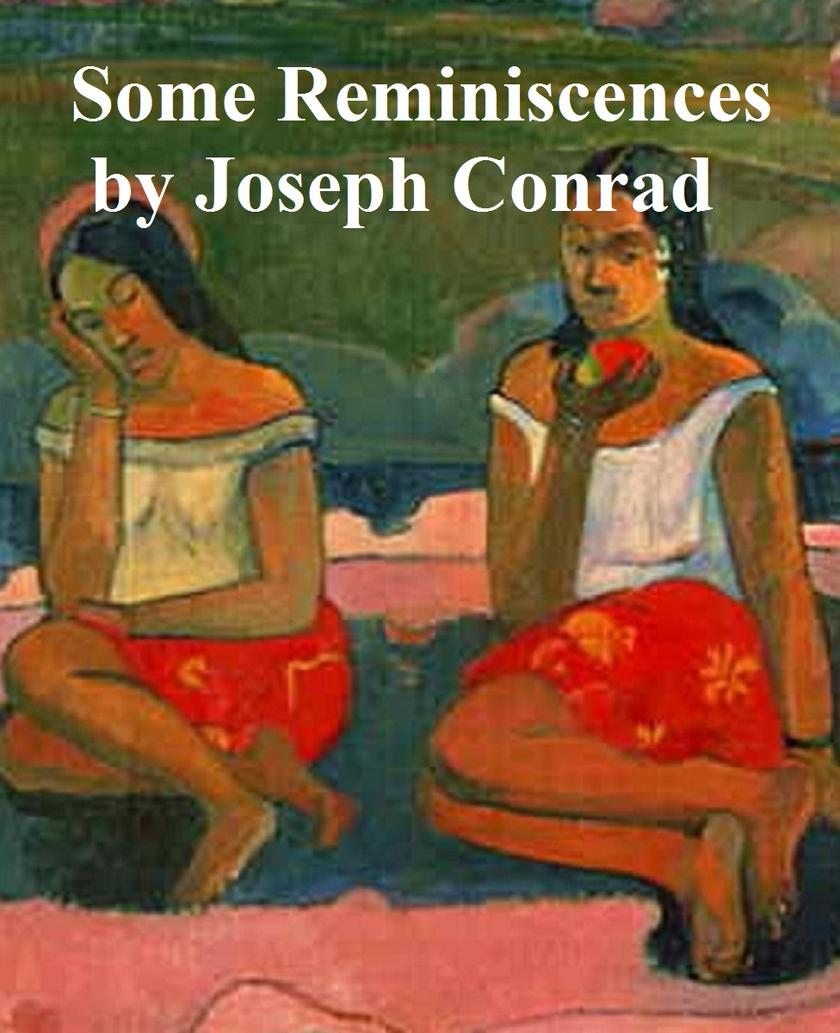
Some Reminiscences
¥8.09
Conrad's autobiography. According to Wikipedia: "Joseph Conrad (1857 – 1924) was a Polish-born English novelist. Many critics regard him as one of the greatest novelists in the English language—a fact that is remarkable, as he did not learn to speak English fluently until he was in his twenties (and always with a strong Polish accent). He became a naturalized British subject in 1886. Conrad is recognized as a master prose stylist. Some of his works have a strain of romanticism, but more importantly he is recognized as an important forerunner of modernist literature. His narrative style and anti-heroic characters have influenced many writers, including Ernest Hemingway, D. H. Lawrence, F. Scott Fitzgerald, Graham Greene, William S. Burroughs, Joseph Heller, V.S. Naipaul, Italo Calvino and J. M. Coetzee."
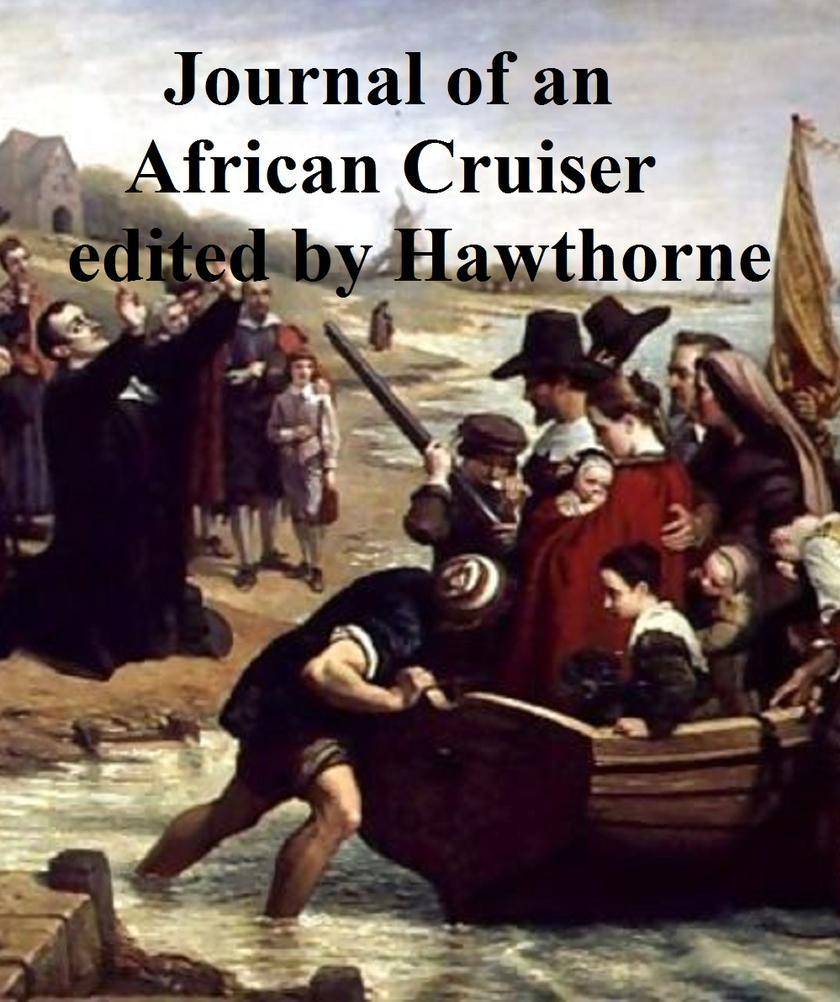
Journal of an African Cruiser
¥8.09
"Comprising sketches of the Canaries, the Cape Verds, Liberia, Maeira, Sierra Leone, and other places of interest on the west coast of Africa. By an officer of the US Navy. Edited by Nathaniel Hawthorne... 1845." According to Wikipedia: ""Nathaniel Hawthorne (born Nathaniel Hathorne; July 4, 1804 – May 19, 1864) was an American novelist and short story writer."
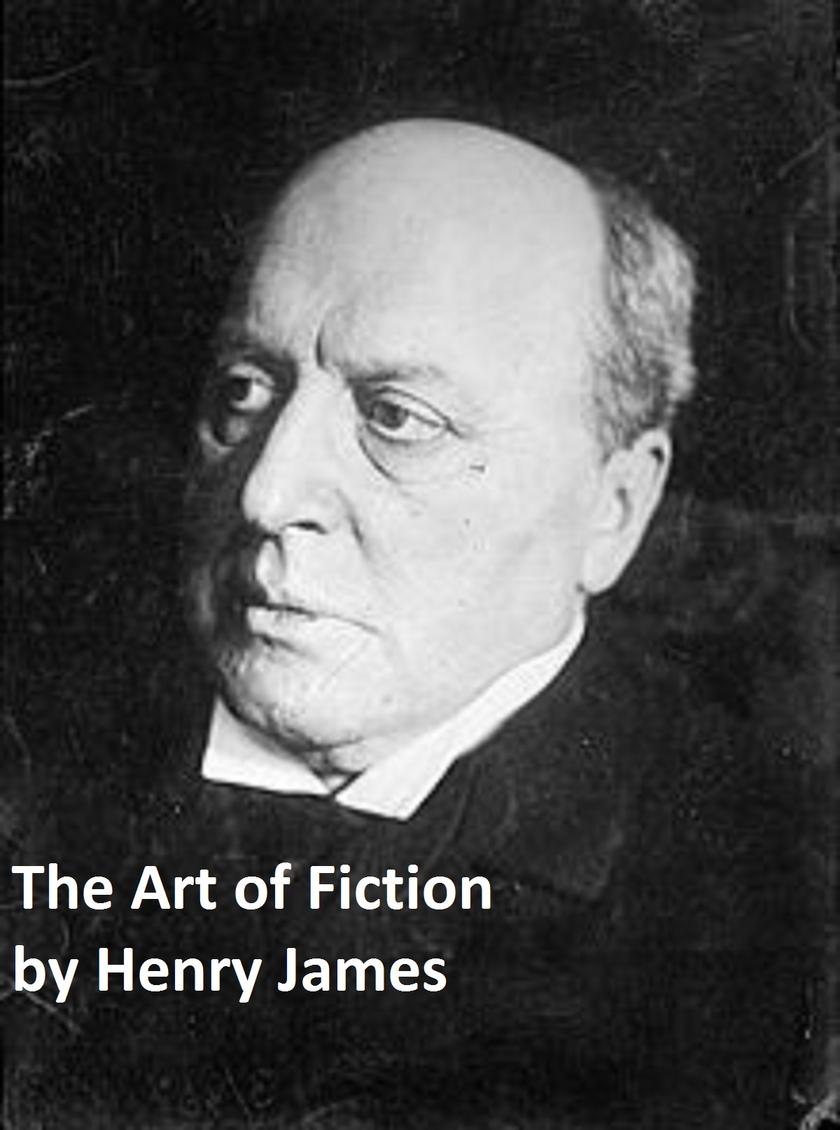
The Art of Fiction
¥8.09
Classic essay from the collection "Partial Portraits". According to Wikipedia: "Partial Portraits is a book of literary criticism by Henry James published in 1888. The book collected essays that James had written over the preceding decade, mostly on English and American writers. But the book also offered treatments of Alphonse Daudet, Guy de Maupassant and Ivan Turgenev. Perhaps the most important essay was The Art of Fiction, James' plea for the widest possible freedom in content and technique in narrative fiction. The Art of Fiction was a response to remarks by English critic Walter Besant, who wrote an article that literally attempted to lay down the "laws of fiction." For instance, Besant insisted that novelists should confine themselves to their own experience: "A young lady brought up in a quiet country village should avoid descriptions of garrison life." James argued that a sufficiently alert novelist could catch knowledge from everywhere and use it to good purpose: "The young lady living in a village has only to be a damsel upon whom nothing is lost to make it quite unfair (as it seems to me) to declare to her that she shall have nothing to say about the military. Greater miracles have been seen than that, imagination assisting, she should speak the truth about some of these gentlemen." James continually argues for the fullest freedom in the novelist's choice of subject and method of treatment..."

Memoirs, Criticism, and Letters
¥8.09
This book-collection file includes five books: The Mirror of the Sea, Notes on Life and Letters, Notes on My Books, A Personal Record, and Some Reminiscences. According to Wikipedia: "Joseph Conrad (born Józef Teodor Konrad Korzeniowski, 3 December 1857 – 3 August 1924) was a Polish-born English novelist. Many critics regard him as one of the greatest novelists in the English language—a fact that is remarkable as he did not learn to peak English fluently until he was in his twenties (and always with a Polish accent). Conrad is recognized as a master prose stylist. Some of his works have a strain of romanticism, but more importantly he is recognized as an important forerunner of modernist literature. His narrative style and anti-heroic characters have influenced many writers, including Ernest Hemingway, D. H. Lawrence, F. Scott Fitzgerald, Graham Greene, William S. Burroughs, Joseph Heller, V.S. Naipaul, Italo Calvino and J. M. Coetzee."
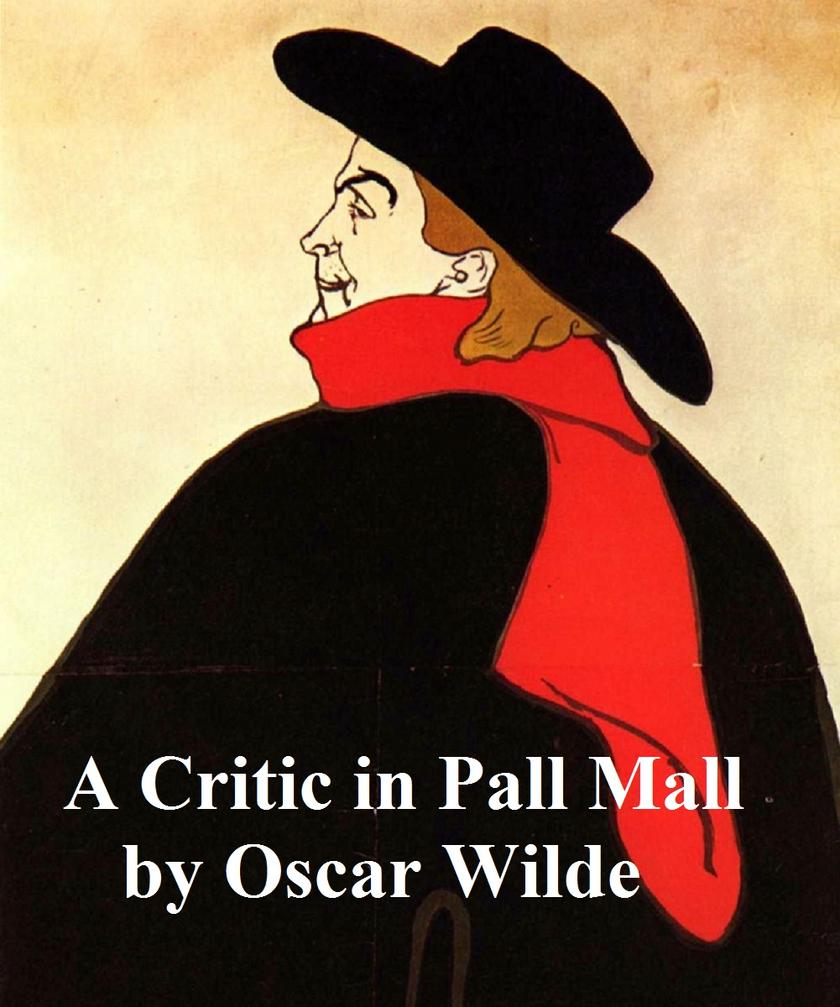
A Critic in Pall Mall: Extracts from reviews and miscellanies
¥8.09
Popular collection of essays, first published in 1919. According to Wikipedia: "Oscar Fingal O'Flahertie Wills Wilde (16 October 1854 – 30 November 1900) was an Irish writer, poet, and prominent aesthete who, after writing in different forms throughout the 1880s, became one of London's most popular playwrights in the early 1890s. Today he is remembered for his epigrams, plays and the tragedy of his imprisonment, followed by his early death."
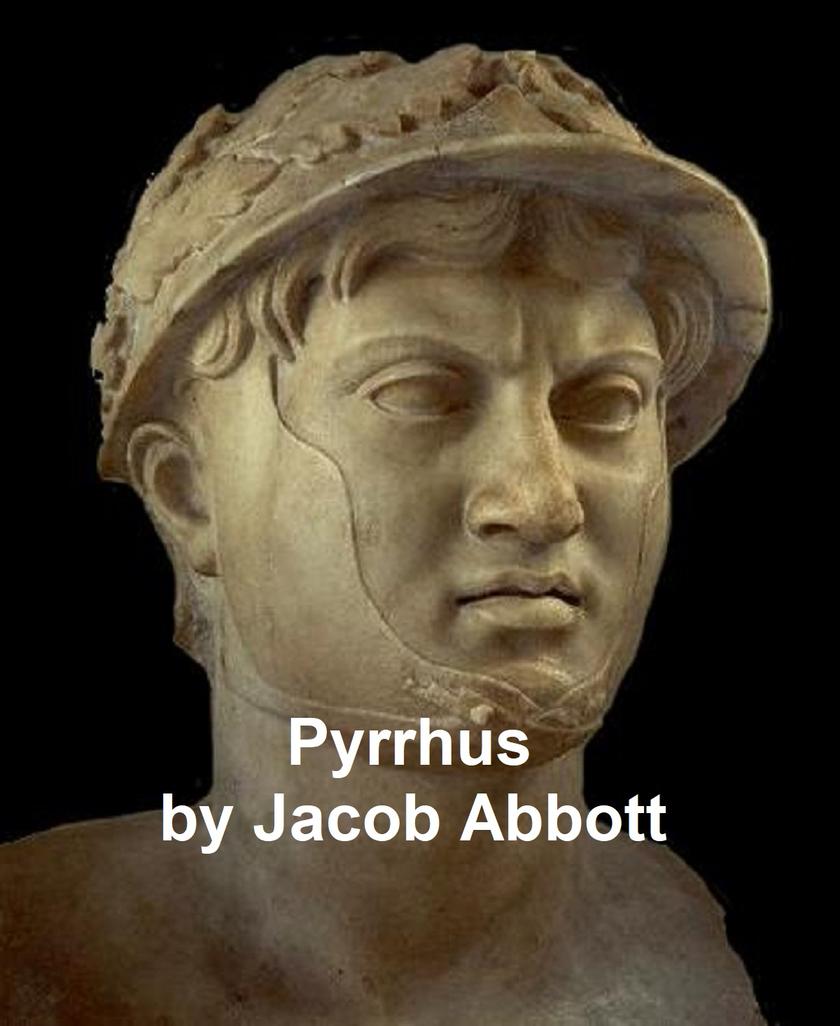
Pyrrhus
¥8.09
According to Wikipedia: "Pyrrhus or Pyrrhos (319/318 BC—272 BC) was a Greek general and statesman of the Hellenistic era. He was king of the Greek tribe of Molossians, of the royal Aeacid house (from ca. 297 BC), and later he became King of Epirus (306-302, 297-272 BC) and Macedon (288-284, 273-272 BC). He was one of the strongest opponents of early Rome. Some of his battles, though successful, cost him heavy losses, from which the term "Pyrrhic victory" was coined. He is the subject of one of Plutarch's Parallel Lives."

Seacat Simon: The little cat who became a big hero
¥32.62
When young cat Simon is smuggled on board a ship, his quiet little life soon becomes an adventure fit for heroes.With new friend Peggy, the ship ;s dog, he bravely fights King Rat and his gang, rescues the crew from their problems, and shows the joy an animal can bring to our lives.Winning the hearts of the sailors and people across the world, Seacat Simon ;s inspiring and moving true tale of love, friendship and adventure is sure to enthrall a new generation of children. ;Action packed read, rich in detail, harrowing in places, heart-warming in others, and with a beautiful ending. ; - Sheila Jeffries, author of Solomon's Tale .NOTE: Children's version contains bonus quiz material.VERSION FOR ADULTS: Able Seacat Simon ;s story is also available as Simon Ships Out: How one brave, stray cat became a worldwide hero in ebook, paperback and audio formats.VERSION FOR SMALL CHILDREN: Able Seacat Simon ;s story will soon be available as Seacat Simon: An illustrated picture book in ebook and paperback formats.
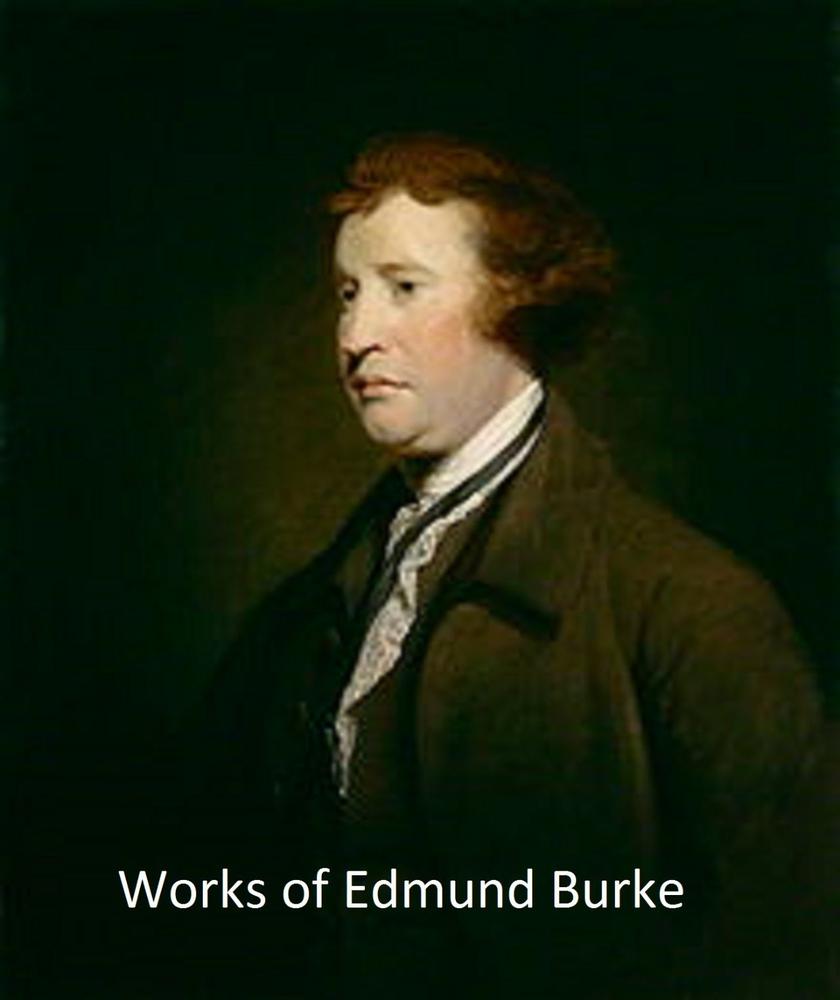
Works of Edmund Burke
¥8.09
Edition first published in 1887. According to Wikipedia: "Edmund Burke (1729-1797) was an Irish statesman, author, orator, political theorist, and philosopher, who served for many years in the British House of Commons as a member of the Whig party. He is mainly remembered for his support of the American colonies in the dispute with King George III and Great Britain that led to the American Revolution and for his strong opposition to the French Revolution... Burke also published philosophical works on aesthetics and founded the Annual Register, a political review. He is often regarded by conservatives as the Father of Anglo-American conservatism."
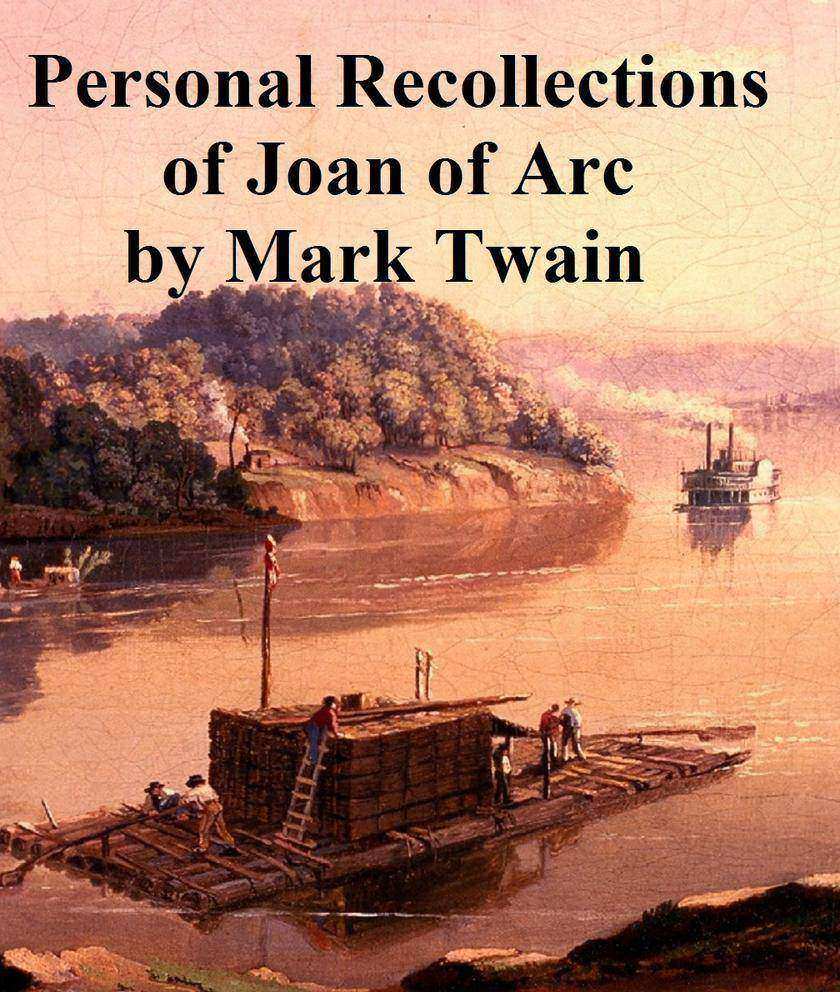
Personal Recollections of Joan of Arc
¥8.09
Fictionalized history. According to Wikipedia: "Samuel Langhorne Clemens (1835 – 1910), better known by the pen name Mark Twain, was an American author and humorist. Twain is most noted for his novels Adventures of Huckleberry Finn, which has since been called the Great American Novel and The Adventures of Tom Sawyer. He is extensively quoted. During his lifetime, Twain became a friend to presidents, artists, industrialists and European royalty. Twain enjoyed immense public popularity, and his keen wit and incisive satire earned him praise from both critics and peers. American author William Faulkner called Twain "the father of American literature."




 购物车
购物车 个人中心
个人中心



